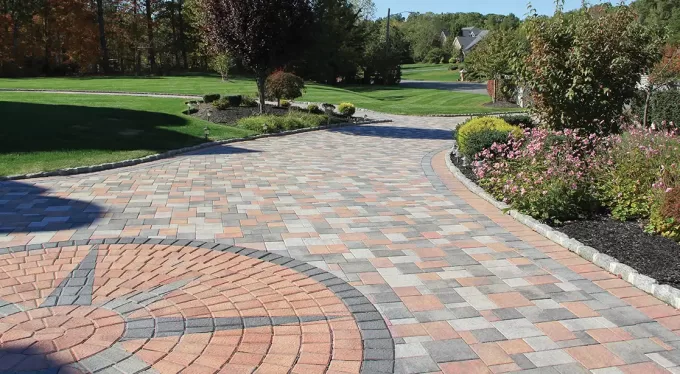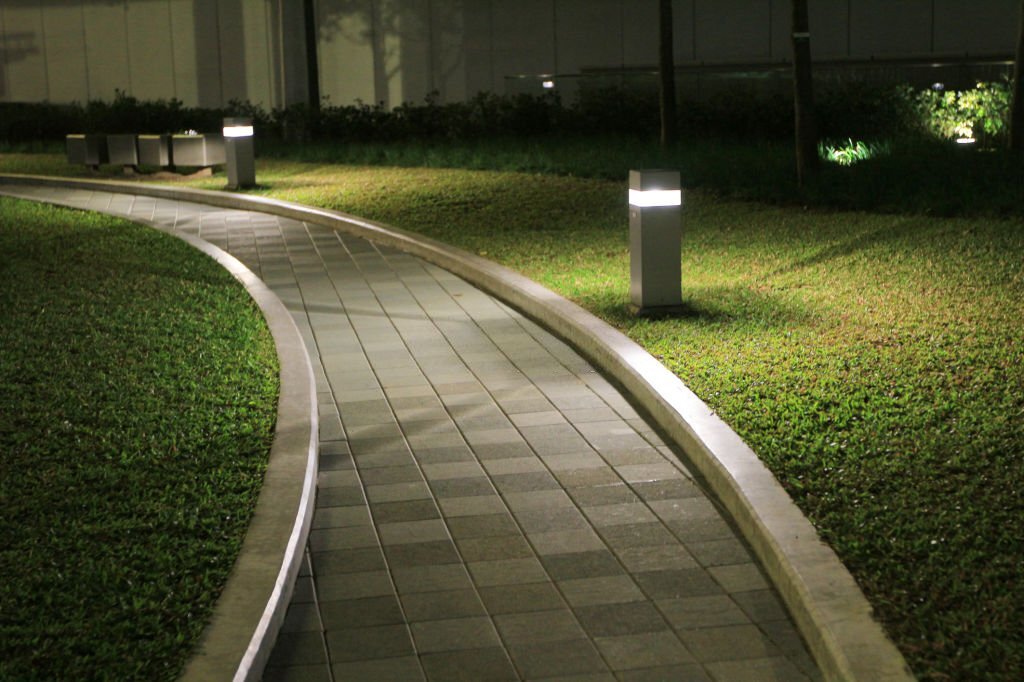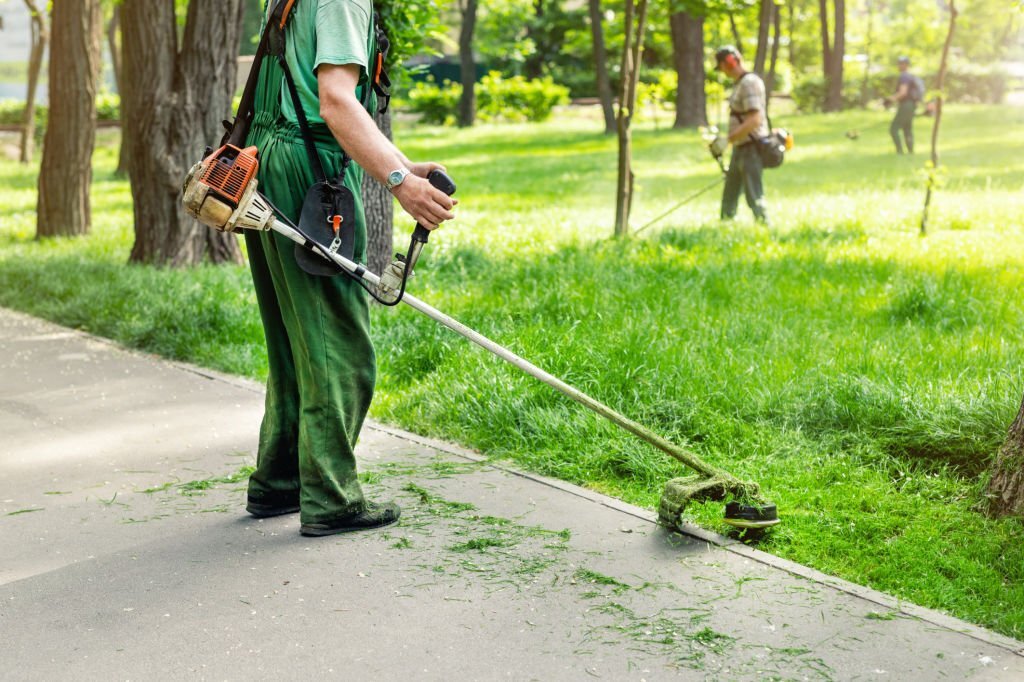If you’re planning to install driveway pavers on your property, here are some helpful tips. Learn about the types of driveway pavers available, their cost, and their resilience. Use this information to select the right material for your project. After reading this article, you can start planning your driveway project! Listed below are some of the most common types of driveway pavers:
Cost of Driveway Pavers
Before deciding on the type of driveway you want, you should get several quotes from various companies. Get at least two estimates to compare the costs of different materials and methods. If you want to get the most accurate estimate, consider the different types of pavers available. Each type of paper may come at different prices. For example, if you want a custom design, you may need to pay more for the labor. Unlike asphalt, pavers require a solid, deep base. Most driveways will remove 12 to 16 inches of soil to do so. Although this excavated soil can be used for landscaping, hauling it away can add to the overall cost. Unlike asphalt driveways, not all driveways are created equal. Different climate and soil conditions will affect the type of paver driveway you get.
Types of Driveway Pavers
Among the different driveway pavers are those made of brick and concrete. Both concrete and brick pavers are affordable and can be combined in various patterns. The main types of pavers include rectangles and squares, while some manufacturers also offer unusually shaped pavers. Brick pavers are available in two standard shapes: traditional rectangular and modern wavy edges. Pavers with irregular shapes can be used to create borders or divisions between sections. Concrete, brick, and stone are the most popular materials used for driveway paving. These materials have distinct pros and cons and may not suit your tastes. Brick is a good choice if you look for esthetic appeal and stylistic diversity. However, it requires more maintenance and may be labor-intensive to install. Brick pavers may also be unsuitable for the driveway. However, they are good choices if you try to keep your property in excellent condition.
The Resilience of Driveway Pavers
The Resilience of Driveway Pavers: Choosing a suitable paving material is crucial for the longevity of your driveway. These surfaces are exposed to wear and tear and require durable materials. Bricks, if installed correctly, are an excellent choice for driveways, as they come in a wide range of colors, shapes, and textures. Additionally, they are durable, easy to install, and don’t suffer from weather-related issues, meaning that you won’t have to replace them for a long time. In addition, the Resilience of Driveway Pavers is enhanced by the fact that each piece of stone has a smaller surface area than a concrete slab. That means that repairs are more accessible than repairing concrete since individual pieces can be replaced without disrupting the rest of the driveway. Additionally, concrete slabs can crack when the weight exceeds 2,500 pounds per square foot, while pavers can withstand up to 8,000 pounds per square foot. Concrete driveway pavers are the most common type of driveway paver. These pavers are incredibly durable and can last up to twenty-five years. Their interlocking design is also a great benefit, as it adds integrity and stability to the installation.





